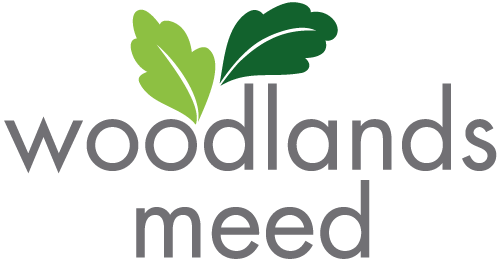Early Years
The Early Years Foundation Stage (EYFS) is for pupils of nursery age and those in Reception. Pupils in classes in these year groups follow the Early Years Foundation Stage curriculum and work towards Early Learning Goals. There is an emphasis on preparing each child with the important skills they will need in future, and especially those skills that will help them to stay happy, healthy and ready for learning at school.
Our Vision
To provide:
- A safe, caring and engaging environment that provides opportunities to explore, experiment and extend pupils’ learning.
- A high quality education that supports pupils to develop independence, confidence, and communication and social skills.
- A child-centred approach to teaching & learning, providing meaningful and motivating experiences for pupils.
- Supportive and nurturing relationships with children, parents/carers and families.
Strategy
Intent
- At the beginning of the year, for the children to feel happy and safe in a new environment and to start building trusting relationships with the adults in the EYFS team.
- To engage the learners in experiences that will encourage communication, attention and focus, independence, resilience, co-operation, problem solving and confidence.
- To develop the learners knowledge and understanding in different subject and topic areas.
- To introduce the learners to the school community and the wider community and cultures.
- At the end of the year, for learners to be prepared and ready for the next stage of their learning and development.
Implementation
- We work closely with families and other Early Years settings to ensure a smooth transition into Woodlands Meed in the Autumn Term for reception children, as well as giving ample opportunities to meet and develop positive relationships with the adults in the EYFS team (Home and nursery visits, stay and play sessions, new parent/carer meetings before and after the summer holidays, transition meetings with nurseries/early years providers, photo books and a staggered start with half days initially in September).
- A topic-based long term plan is used, that encompasses 6 different areas across the school year, starting with “Myself, My Family and My School” and progressing through a range of topics - Colours & Light, My Senses, Food & Plants, Transport, Out & About – to engage and encourage progress towards of the knowledge and skills covered in the EYFS.
- Early phonological awareness is taught through songs, rhymes, stories and the Song of Sounds phonics programme. For those that are ready, grapheme-phoneme correspondence is taught through a range of activities.
- Communication is key in all of our teaching therefore we provide a supportive environment to promote this and if pupils have Speech and Language Therapy targets they are addressed throughout the school day. Weekly language groups may also be run by the Speech and Language Therapist, which can then be supported by the EYFS class team.
- Attention and focus is developed through a range of activities, including weekly language groups, daily Attention Autism sessions and 1:1 teaching.
- Play and Social skills, and co-operation are developed through daily 1:1 and group free play and structured activities.
- Learning activities and experiences are provided to raise awareness of the wider world and communities around us (e.g. exploring celebrations such as Eid, Diwali, Chinese New Year etc), as well as resources that reflect and celebrate diversity.
- For those that can access it, pupils are assessed using the Reception Baseline Assessment during the first 6 weeks of Autumn term. We also use our own adapted baseline assessment alongside this, for all pupils. Further assessment is completed at Spring half term to track progress.
- In Summer term, we work in partnership with Year 1 teachers to produce a baseline using PKS levels for each child in preparation for entry into Year 1.
Impact
- The children settle in well to Squirrel Class, developing self-confidence and positive relationships with adults.
- They are engaged in their learning and make progress against their learning targets and Next Steps.
- The children’s communication skills are developing.
- They are increasingly independent in functional self-help skills.
- They are progressing in social awareness and social skills.
- They are ready to move to the next stage of school life.
Topic Overview
|
Autumn 1 Myself, My Family & My School Careers and futures links: parenting, working in schools, celebrating what I can do
|
Autumn 2 Colour & Light Careers and futures links: Fire fighters, Postman/woman, builder |
Spring 1 My Senses Careers and futures links: Opticians, doctor/nurse/first aider, cook |
|
Spring 2 Food & Plants Careers and futures links: Catering, farming, gardening, florist, health visitor, parenting/child care |
Summer 1 Transport Careers and futures links: Driver, pilot or conductor/ticket inspector |
Summer 2 Out & About Careers and futures links: Travel advisor, pilot, air steward, leisure industry, lifeguard |
